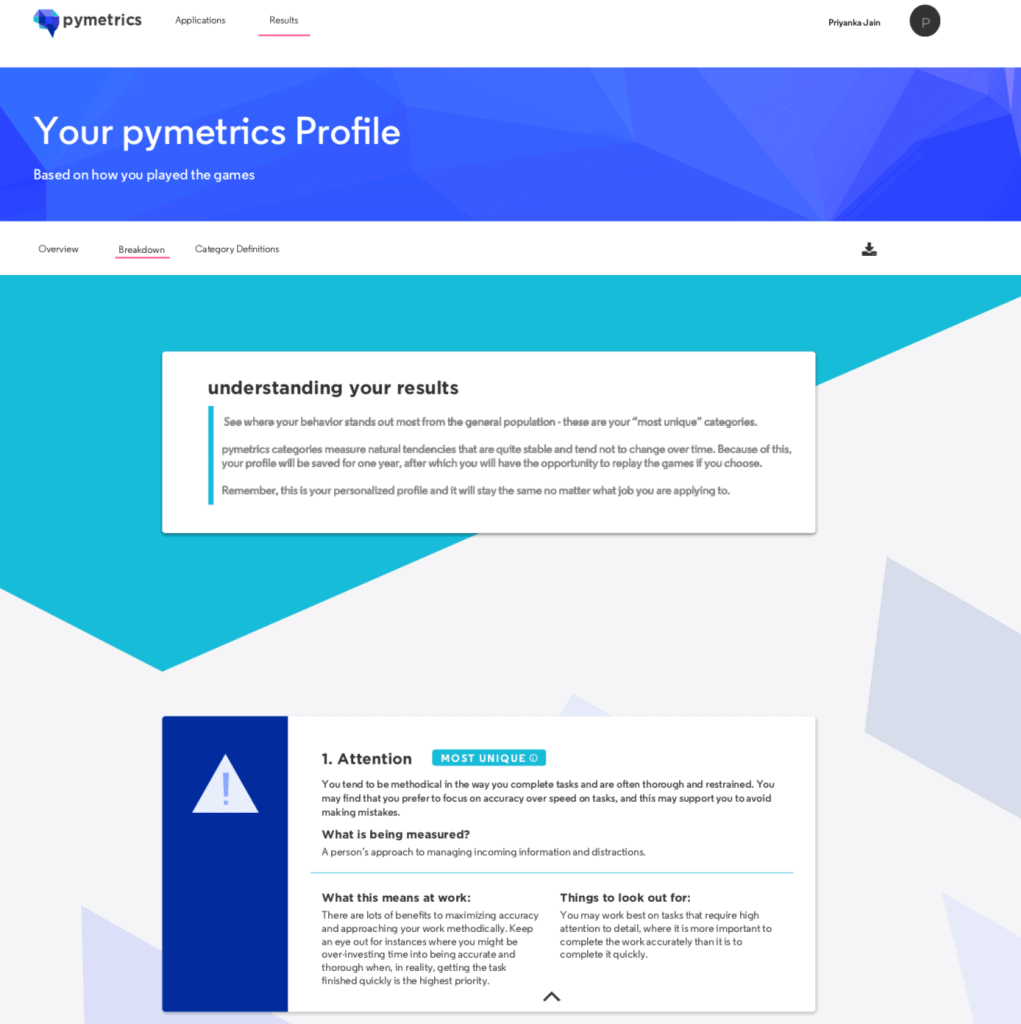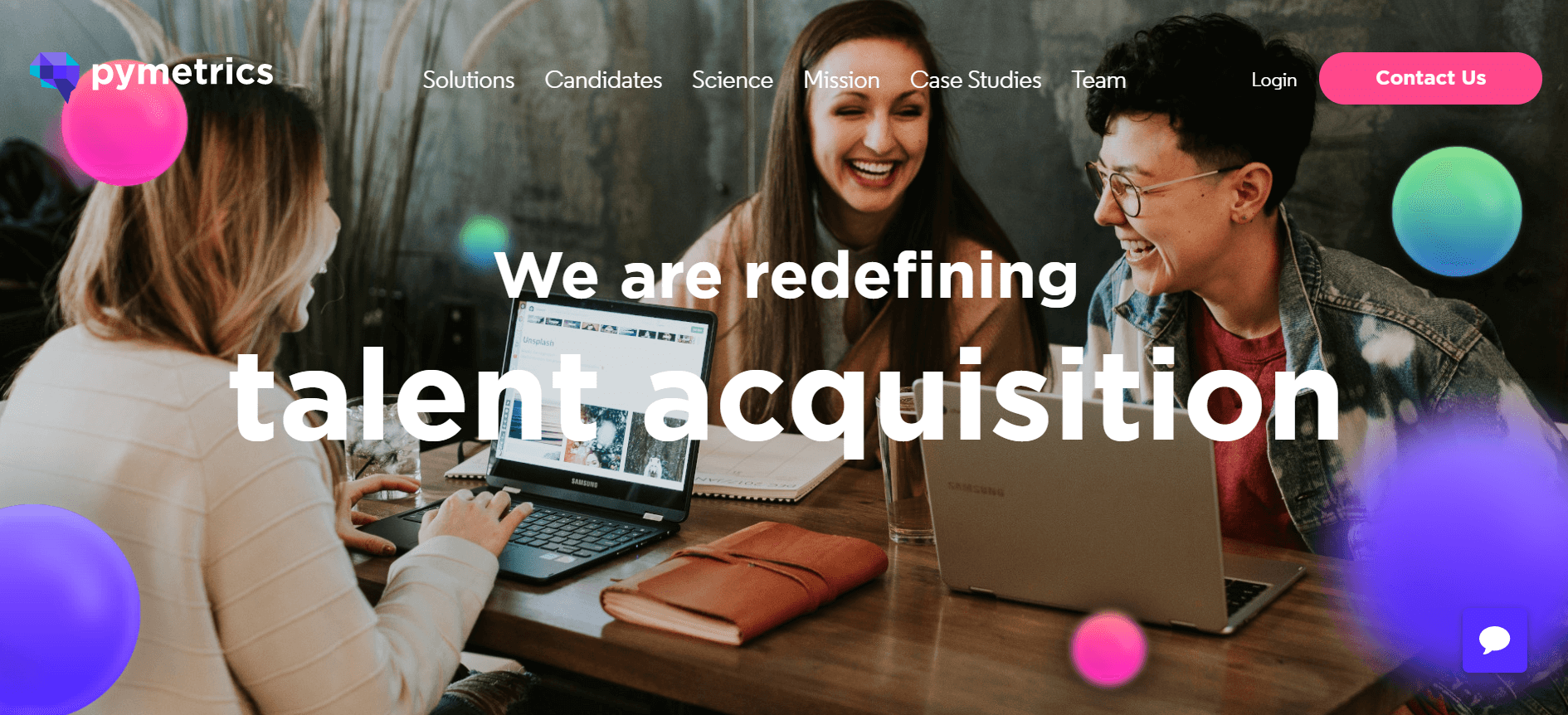From startups to SME to MNC, the importance of hiring good people cannot be emphasized enough.
Applicant tracking system (ATS) was supposed to help. Instead, typical systems deploy non-semantic matching and basically surface the resume with the best SEO.
LinkedIn helped somewhat by providing the world’s biggest database for companies and agency recruiters to mine.
But with more than 106 million users, it also became a keyword optimisation game. If you are not on first 3 – 5 pages, you are probably invisible.
Even if you get seen, how does one assess the suitability of a candidate newly minted LinkedIn profile?
The flaw of profiling tools
That led to a wave of profiling tools in the market professing to help companies identify the right talents for the roles they are hiring for.
Beyond what a blood test can tell you, these tools are supposed to tell you the personality, behaviours, characteristics, vocational fit and many more.
From DISC to MBTI, from Harrison to Emergenetics, from Performance Indicators to RIASEC, there are probably more than 50 just in a small market like Singapore alone.
But still, how do you ensure the results of these tests would equate to a good hire? On whose benchmark are you depending on to arrive at the decision?
Behavioural science and human-centred AI
pymetrics tackle this problem with a different approach.
Founded by two Harvard/MIT PhDs, pymetrics applies behavioural science-based games and AI to predict a person’s fit to a job based on their cognitive, social, and emotional attributes. The algorithms are trained on high-performing employees at a company to build a benchmark of what success objectively looks like, and then audited to remove any biases.

As a candidate, you begin by creating an account using the weblink sent to you by the hiring company or through their phone app.
There are 12 core games that take approximately 25 mins to complete, each of them involving some form of reflexes, quick thinking and decision making. Some companies may also require candidates to complete four additional numerical and logical reasoning exercises.
With pymetrics one-to-many matching capability, you might even receive recommendations to other open positions for which you are a good fit.
Very much like how you would operate when you are playing an actual game, except there are no right or wrong way to respond.
Because the candidates’ name, gender, race, age or resume aren’t factored in, it also allows companies to eliminate any form of discrimination during their recruiting exercise.
Some companies have further engaged pymetrics to map out the behavioural DNA of their entire workforce. The insights not only help to guide internal mobility of their existing employees, but also understand what skills can they train for internally versus hire for externally.
Personal thoughts
pymetrics is the 2nd company I came to know about using games to aid in recruiting.
Scoutible was the 1st one. And beyond just brain teaser-ish kind of games, you actually participate in a role-playing game.
And along with your quest, you would be faced with issues and obstacles. The way you react to them would be telling to the system on the kind of person you are, and how that might fit you into a potential job role.

Both are relatively new and time would be needed to validate how accurate their games would be in helping companies make the right hire.
But in the face of the current landscape of mainstays (ATS, LinkedIn, job aggregator, agency recruiters), introducing a gaming element into the recruiting process is an interesting concept.
The process alone could generate a lot more applicants and help promote the employer branding of the company.
With funds totaling $40 million as of 2018, pymetrics has expanded from its New York HQ to offices in London, Singapore, and Australia.
It has more than 100 enterprise clients globally, including the likes of Accenture, UOB and Unilever.





